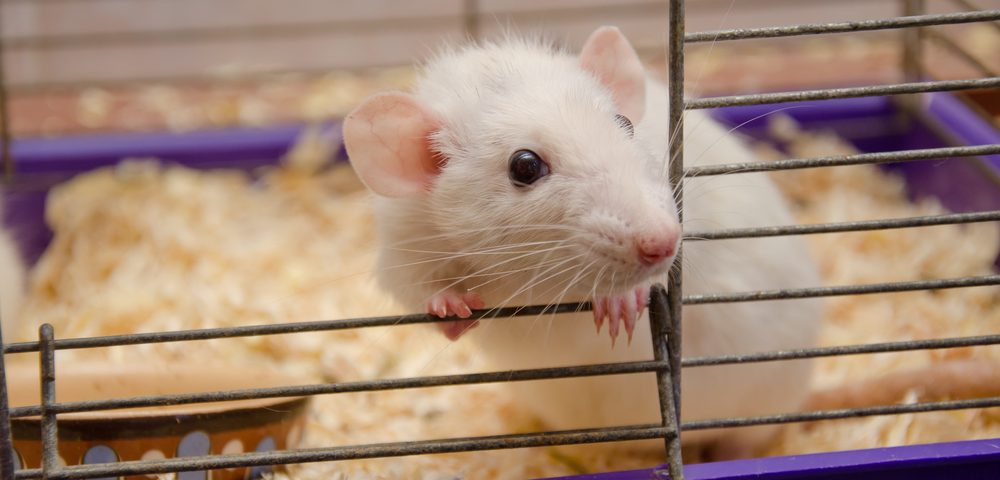Incysus’s drug-resistant brain cancer immunotherapy can be cold-preserved without losing its ability to fight tumors, the company reports.
The finding adds to the attractiveness of its genetically engineered gamma-delta T-cell treatment for glioblastoma, the most common brain cancer, the company said. It tweaked the T-cells to make them resistant to chemotherapy, which can kill them.
Incysus discussed the therapy at the American Association for Cancer Research’s Immunobiology of Primary and Metastatic CNS Cancer Conference in San Diego, Feb. 12-15.
The company recently submitted an Investigational New Drug application for the treatment to the U.S. Food and Drug Administration. If the FDA accepts the application, Incysus plans to start a Phase 1 trial of its ability to fight newly diagnosed drug-resistant glioblastoma, and its safety.
Incysus’s therapy involves engineered gamma-delta T-cells because a standard brain cancer chemo, temozolomide, can kill the non-engineered cells.
Gamma-delta T-cells have the ability to kill several types of tumors. They can also distinguish cancerous from normal cells, meaning they can minimize damage to healthy tissue around a tumor.
Dr. Lawrence Lamb, a University of Alabama medical professor who is Incysus’ scientific co-founder, led a team that studied the possibility of engineering gamma-delta T-cells so that temozolomide was unable to kill them.
Lamb told those attending the San Diego conference that his team has learned that it is possible to preserve engineered gamma-delta T-cells, then thaw them to fight cancer, without them losing their tumor-fighting ability.
A key finding he discussed was that a combination of cold-preserved T-cells and temozolomide did a much better job of extending the survival of mice with brain cancer than temozolomide alone.
“This encouraging data further supports our approach to treating solid tumor cancers,” William Ho, Incysus’ chief executive officer, said in a company press release.
“The combination of certain chemotherapies and drug-resistant modified” gamma-delta T-cell therapy “can create synergies to produce a significant survival advantage,” he said. The mouse studies also showed that Incysus can engineer the T-cells to achieve required quality standards, “allowing us to enter the clinical [trial] setting pending FDA acceptance” of the Investigational New Drug application, he said.
The FDA has already approved a Phase I trial of Incysus’s gamma-delta T-cells as a treatment for leukemia and lymphoma.
“As 2018 begins, we are excited about advancing two clinical trials that bring new and innovative” gamma-delta T-cell immunotherapies to patients, Ho said.


